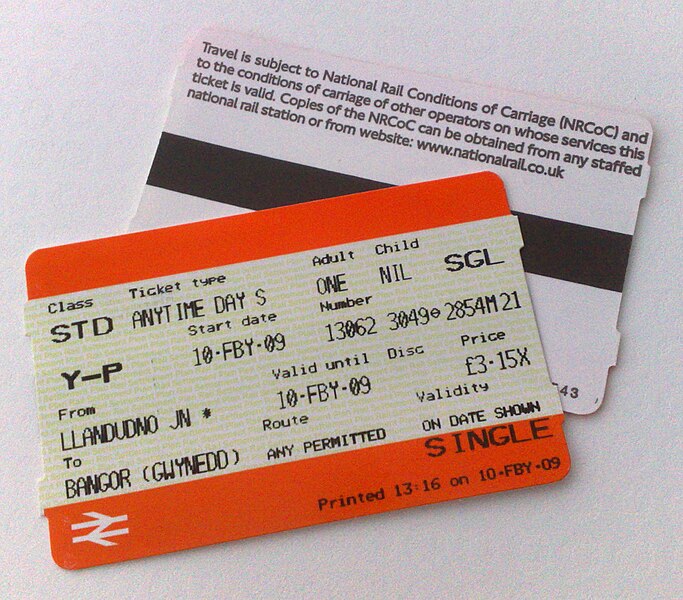
Regulated rail fares in England will increase by 4.6% next year, with most railcard prices rising by £5, the government announced. These changes were not highlighted in the chancellor's
Budget speech to the House of Commons but were instead detailed in the Treasury’s budget documents.
The fare hikes will take effect on 2 March 2025. In the broader Budget, Chancellor Rachel Reeves outlined tax hikes worth £40 billion to address public finances and committed additional funding for schools and the NHS.
In England, Wales, and Scotland, around 45% of rail fares are regulated by the government. However, this specific fare increase applies only to England. Regulated fares include season tickets for most commuter routes, certain off-peak return tickets on long-distance journeys, and flexible tickets for city travel. While train operators can set unregulated fares independently, these prices often rise similarly.
The Treasury stated that the 4.6% increase in 2025 for regulated rail fares is one percentage point higher than July's Retail Prices Index (RPI) inflation rate. The government emphasized that this is the smallest increase in absolute terms in three years. It also noted that the £5 railcard price rise, affecting most railcards currently priced at £30 per year, would undergo an industry review.
However, the Disabled Persons Railcard will not see a price increase, and the government highlighted that railcards save users up to £158 per year on average.
The Campaign for Better Transport criticized the fare and railcard price hikes, calling it a "kick in the teeth" for people dependent on public transportation, especially low-income commuters. They argued that raising rail fares above inflation while maintaining a freeze on fuel duty sends the wrong message. "To address air pollution, congestion, and climate change, public transport needs to be an appealing, affordable choice," the group said.
Rail Partners, which represents private rail organizations, stressed the need to focus on increasing passenger numbers rather than charging existing travelers more. Andy Bagnall, the group’s chief executive, stated, "Fares should be set to encourage more people to use trains, supporting the long-term sustainability of the sector and bringing economic and environmental benefits to the nation."
In addition to fare increases, the Budget introduced other measures, including higher basic capital gains tax rates, increased National Insurance contributions for businesses, and a rise in the cap on single bus fares from £2 to £3. Reeves also announced an increase in the minimum wage, a one-year extension of the 5p fuel duty cut, and investments in rail infrastructure, including the HS2 route to London’s Euston station.
Conservative leader Rishi Sunak criticized the tax increases, claiming, "Taxes under this Labour government will be higher than ever before." He dismissed the notion that Labour inherited difficult conditions, countering Reeves' accusation that the Conservatives left a £22 billion deficit in public finances. Photo by Ansbaradigeidfran, Wikimedia commons.



































